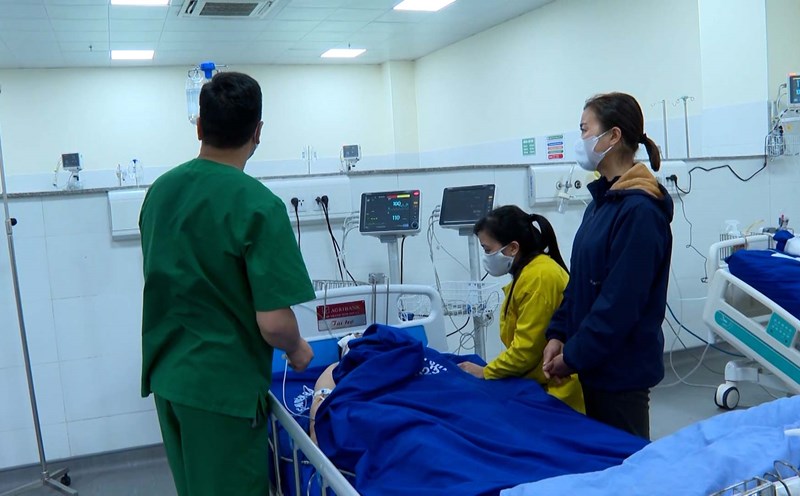How does vitamin D burn fat in the body?
Vijay Thakkar, a functional medicine expert and fitness trainer in Mumbai, India, said that vitamin D plays an important role in regulating metabolism in the body, especially fat metabolism.
Vitamin D can help break down fat in the body by affecting enzymes involved in fat metabolism.
In addition, vitamin D also helps the body burn fat instead of storing it, thanks to its impact on two important hormones.
The first hormone is leptin, which signals the brain about how much fat is stored in the body. Leptin levels decrease when you exercise at high intensity or fast for a long time, because at this time the amount of fat in the body will decrease.
Your brain will think you are hungry, causing cravings and slowing down your metabolism. However, when leptin levels are too high, the brain becomes resistant to leptin signals, causing you to feel hungry all the time and store more fat.
This leptin resistance leads to a vicious cycle of overeating and reduced energy. Vitamin D helps improve leptin sensitivity, helping the brain regulate hunger more effectively.
The second hormone, myostatin, has the effect of limiting muscle growth. Vitamin D reduces myostatin levels, allowing muscles to grow stronger and burn more calories, thereby maintaining a high metabolism and reducing fat storage.
When vitamin D levels in the body reach optimal levels, muscle building will be promoted instead of fat storage. This helps increase metabolism and supports sustainable weight loss.
Think of muscles as "calorie-burning engines" - they help burn calories to create energy for the body.
Therefore, having more muscle means the body will burn more calories, increase energy expenditure and improve the ability to prevent obesity. Vitamin D not only supports muscle growth but also helps maintain them in the body.
How to supplement vitamin D
Sunlight: Vitamin D is naturally produced in the body when the skin is exposed to sunlight. Spending some time outdoors every day can help the body synthesize vitamin D.
Foods: Foods rich in vitamin D such as salmon, mackerel, mushrooms, eggs, milk and vitamin D supplements are also effective ways to supplement vitamin D.
Supplemental pills: If you can't get enough sunlight or don't eat enough foods rich in vitamin D, vitamin D supplements can be a useful choice.
Mr. Vijay Thakkar advises that although vitamin D can support fat loss, combining it with a healthy diet, regular exercise and maintaining a scientific lifestyle are still important factors that determine the effectiveness of fat loss.











